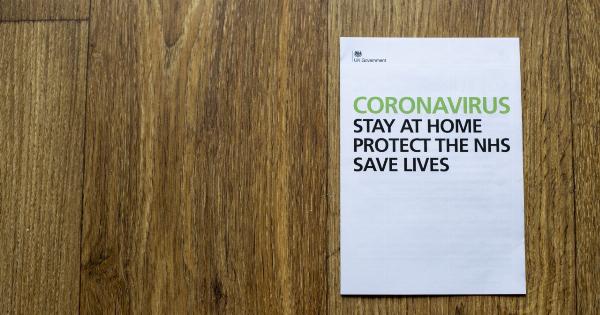Smoking is a prevalent habit that not only affects the health of the smoker but also poses several risks to those around them. One of the significant risks associated with smoking is the increased likelihood of premature birth.
Premature birth refers to the delivery of a baby before 37 weeks of gestation, and it can have severe consequences for both the mother and the baby. However, the good news is that by quitting smoking, mothers can significantly reduce the risk of premature birth and ensure a healthier future for themselves and their little ones.
Understanding premature birth
Premature birth is a complex issue that can occur due to a variety of factors. However, smoking is widely recognized as a significant risk factor for preterm delivery.
When a mother smokes during pregnancy, the harmful chemicals present in cigarettes enter her bloodstream and travel to the developing fetus through the placenta. These chemicals can disrupt the delicate balance of hormones and enzymes required for healthy fetal growth, resulting in a higher likelihood of preterm labor.
The impact of smoking on fetal development
Smoking during pregnancy can have a range of detrimental effects on the development of the fetus. Nicotine, which is an addictive substance found in cigarettes, narrows the blood vessels, including those in the umbilical cord.
This reduces the flow of oxygen and essential nutrients to the baby, hindering their growth and increasing the risk of premature birth.
In addition to nicotine, cigarettes contain thousands of chemicals, including carbon monoxide and various toxins.
These harmful substances interfere with the baby’s lung development, making them more susceptible to respiratory problems and other complications. Furthermore, smoking increases the levels of cortisol, a stress hormone, in both the mother and the baby, which can also contribute to preterm labor.
The risks of premature birth
Preterm babies face several challenges compared to full-term infants. Their organs, particularly the lungs and the brain, may not be fully developed, which can lead to respiratory distress syndrome, developmental delays, and long-term disabilities.
Premature babies also have a higher risk of infections, digestive problems, vision and hearing issues, and difficulties with feeding and gaining weight. Additionally, premature birth can take an emotional toll on families, with increased stress, anxiety, and financial burdens often accompanying the early arrival of a baby.
Tips for quitting smoking
If you are pregnant or planning to become pregnant, quitting smoking is one of the most important steps you can take to protect your baby’s health. Here are some tips to help you kick the smoking habit:.
1. Seek professional help
Consult with your healthcare provider to develop a personalized quitting plan. They can offer guidance, resources, and support to increase your chances of success.
2. Build a support system
Inform your family, friends, and loved ones about your decision to quit smoking. Surrounding yourself with people who understand and support your goal can provide the encouragement you need.
3. Identify triggers and find alternatives
Recognize situations or emotions that make you crave a cigarette and come up with alternative coping mechanisms. For example, if you usually smoke when feeling stressed, try relaxation techniques like deep breathing or engaging in activities you enjoy.
4. Consider nicotine replacement therapy
Talk to your healthcare provider about nicotine replacement options, such as patches, gum, or lozenges. These can help manage withdrawal symptoms and cravings, increasing your chances of successfully quitting.
5. Make lifestyle changes
Adopting a healthier lifestyle can make quitting smoking easier. Engage in regular exercise, eat a balanced diet, and prioritize self-care to reduce stress and improve overall well-being.
6. Stay positive and motivated
Quitting smoking can be challenging, but remind yourself of the benefits for both you and your baby. Celebrate small victories along the way and seek inspiration from success stories of other mothers who have successfully quit smoking during pregnancy.
The importance of a smoke-free environment
In addition to quitting smoking, it is vital to create a smoke-free environment for your baby even after birth.
Secondhand smoke can still pose significant health risks to infants and increases the likelihood of respiratory infections, asthma, and sudden infant death syndrome (SIDS).
Ensure that your home and car are designated as smoke-free spaces, and ask friends and family members to refrain from smoking when they are around your baby.
By protecting your little one from secondhand smoke, you are giving them the best chance at a healthy and smoke-free life.
Conclusion
By quitting smoking, mothers can significantly reduce the risk of premature birth and give their babies a healthier start in life.
Smoking during pregnancy harms both the mother and the baby, hindering fetal development and increasing the likelihood of preterm labor. Premature babies often face long-term health complications, making it crucial to prioritize smoking cessation before and during pregnancy.
Remember, seeking professional help, building a support system, and making lifestyle changes can greatly aid in quitting smoking. Embrace the smoke-free environment concept to protect your baby’s health even after birth.
Quit smoking today, and pave the way for a brighter and healthier future for both you and your little one.




























